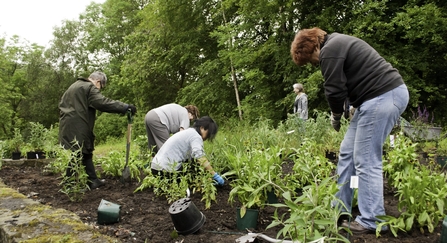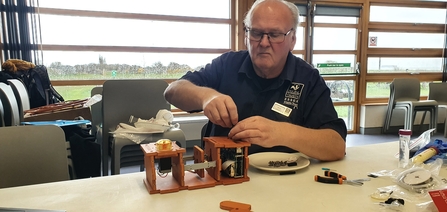Sparrowhawk success
Gunners Park and Shoebury Ranges nature reserve had their first breeding sparrowhawks in seven years. Ranger Andrew got some fantastic shots of the brood, as you can see below. If you are visiting this reserve, keep your eyes on the skies for these young predators swooping overhead.






